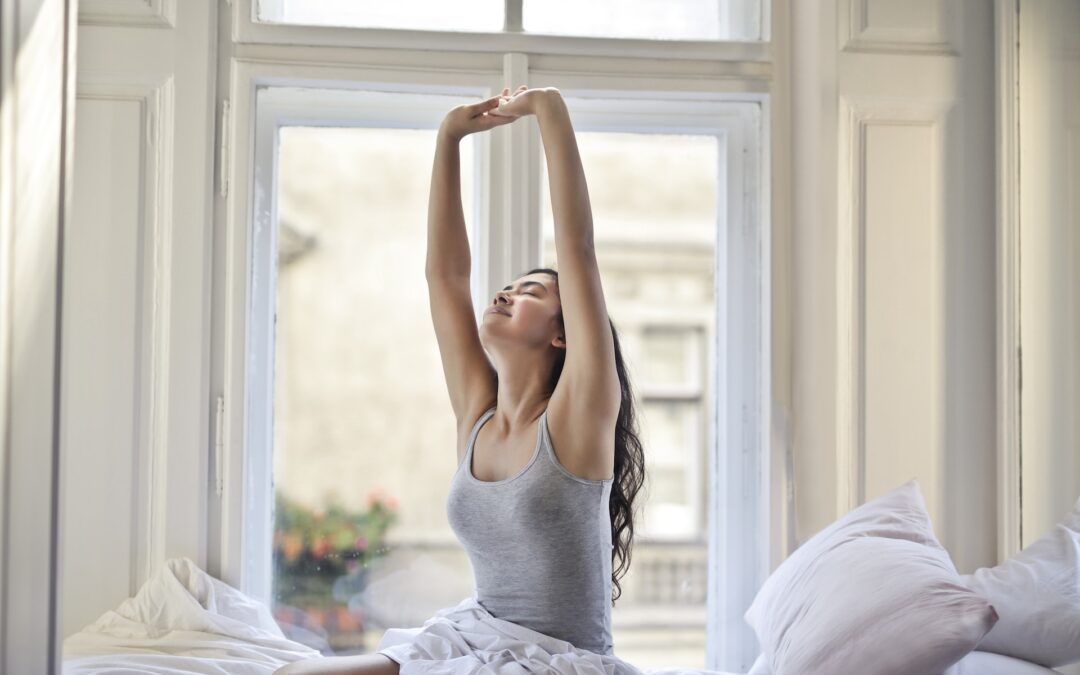We need quality sleep to help our bodies rest, recover, and regenerate. However, many people suffer from sleep disorders like snoring and sleep apnea. These disorders can disrupt sleep and lead to various health issues. Thankfully, dentists can use modern technology to create customized sleep appliances, which help patients achieve better sleep.
Restful sleep is just one phone call away. If you’re interested in pursuing sleep appliances for better sleep, contact Dr. Thomas F. Brown in Naperville, IL, at (630) 369-3120 now.
Experts estimate that over 50 million Americans suffer from some form of sleep disorder, leading to poor sleep and diminishing health. Dental sleep appliances offer effective solutions to alleviate sleep-related problems and enhance overall sleep quality. In this blog, we explore different types of sleep appliances that dentists can prescribe to improve their patients’ sleep.
Mandibular Advancement Devices (MADs)
Mandibular advancement devices (frequently abbreviated to MADs) are one of the most popular dental sleep appliances. They resemble sports mouthguards and are designed to reposition the lower jaw and tongue forward. This helps to open the airway and reduces the risk of airway blockage during sleep.
Dentists primarily use MADs to treat mild to moderate obstructive sleep apnea (OSA) and snoring. Dental professionals can custom-make each appliance to ensure a perfect fit for each patient.
Tongue Retaining Devices (TRDs)
Tongue retaining devices are another type of dental sleep appliance designed to treat snoring and mild sleep apnea.
These devices work by holding the tongue in a forward position, preventing it from collapsing backward and blocking the airway. Typically, dentists recommend TRDs for patients who cannot tolerate MADs or have a specific anatomical issue that makes MADs less effective.
Continuous Positive Airway Pressure (CPAP) Alternatives
Dentists and sleep doctors often recommend CPAP machines to treat moderate to severe sleep apnea. These machines provide a constant flow of pressurized air to keep the airway open during sleep.
However, some patients find CPAP machines uncomfortable and challenging to use consistently. Therefore, dentists can prescribe alternative sleep appliances, such as bilevel positive airway pressure (BiPAP) devices or adaptive servo-ventilation (ASV) devices, for those who struggle with CPAP. These appliances offer customized airflow patterns and pressure settings for a more personalized sleep therapy experience.
Snore Guards
Snore guards (sometimes called intraoral devices) are simpler sleep appliances that dentists can use to help treat mild snoring. These sleep appliances work by gently repositioning the jaw and tongue to open up the airway and reduce snoring vibrations.
While snore guards may not be suitable for patients with sleep apnea, they can be a convenient and effective option for those seeking relief from snoring.
Rest Easy With Customized Sleep Appliances in Naperville, IL
Dentists play a crucial role in identifying sleep-related issues and providing customized solutions to address them. If you or someone you know suffers from sleep disruptions or snoring, don’t hesitate to consult a dentist experienced in sleep medicine. With the right dental sleep appliance tailored to your specific needs, you can enjoy more restful nights.
To make an appointment with Dr. Thomas F. Brown in Naperville, IL, request it on our website or call (630) 369-3120 for scheduling.

